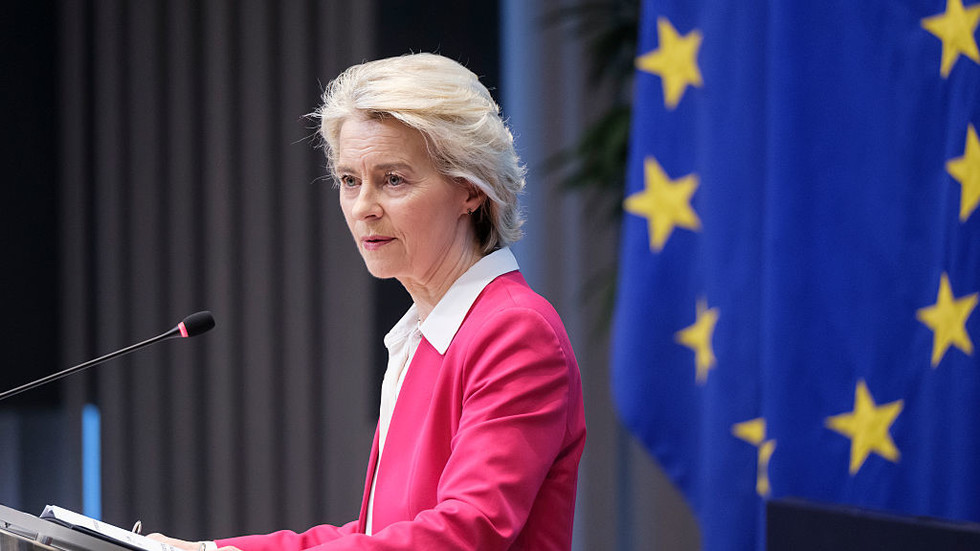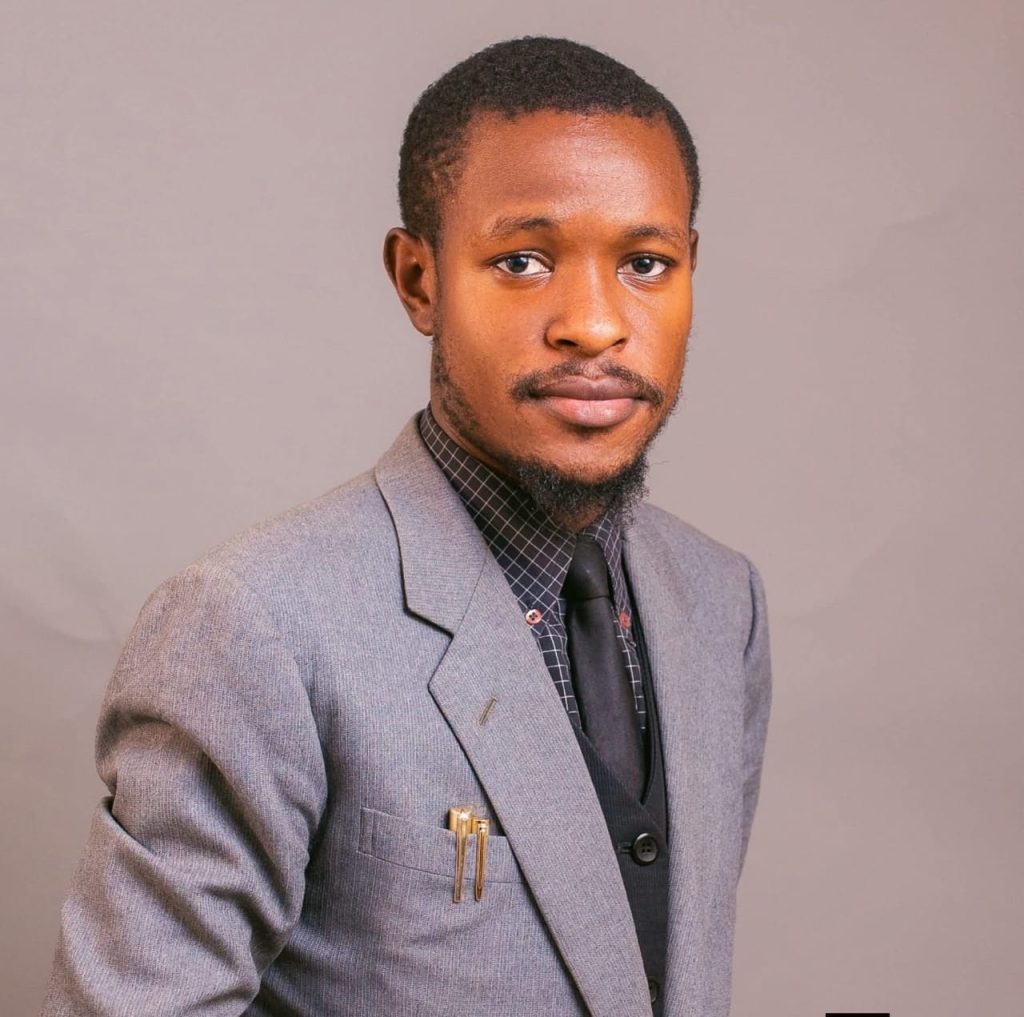A controversy has erupted in Nigeria after popular comedian Acapella spoke out against Lagos State Commissioner for Environment and Water Resources, Tokunbo Wahab. The commissioner had responded to claims made by influencer Scott Iguma that Lagos is plagued by a strong odor and large mosquitoes. Wahab alleged that some individuals who move to Lagos from other states are intentionally trying to damage the state’s reputation by spreading negative narratives on social media.
Acapella took issue with the commissioner’s response, accusing him of applying double standards based on ethnicity and origin. This led to a heated exchange on social media between the comedian and supporters of the Lagos State Government. Acapella has now revealed that he received several threats in the wake of his criticism of the commissioner.
In a statement, Acapella wrote, “Over the past few days, as expected, I’ve received several messages and calls making empty threats. But let me make it clear that no Nigerian is more Nigerian than any other Nigerian.” He emphasized the importance of acknowledging and addressing the problems that affect the nation, rather than trying to silence those who speak out.
Acapella’s comments were sparked by Scott Iguma’s viral video, in which he claimed that Lagos is filled with a strong smell and large mosquitoes. The comedian’s decision to speak out against the commissioner’s response has highlighted the tension between those who want to address the state’s problems and those who see criticism as a threat to the state’s reputation.
The controversy has raised questions about the role of social media in shaping public discourse and the importance of free speech in holding those in power accountable. Acapella’s experience serves as a reminder that speaking out against injustice and corruption can come with a cost, but it is also a crucial part of building a more just and equitable society.
As the debate continues, it remains to be seen how the Lagos State Government will respond to the criticism and whether Acapella’s comments will lead to a wider conversation about the state’s problems and how to address them. One thing is clear, however: the comedian’s bravery in speaking out has sparked an important discussion about the need for transparency, accountability, and free speech in Nigeria.


